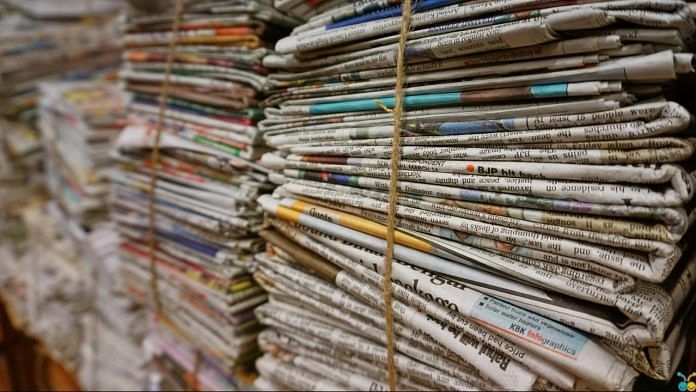Thank you dear subscribers, we are overwhelmed with your response.
Since the Bhartiya Janata Party (BJP) assumed power in 2014, the Indian political landscape has been rife with debates and discussions. One of the most contentious issues has been the alleged curtailment of press freedom, leading to concerns about the state of democracy in the country.
The Paris-based Reporters Without Borders (RSF) annually publishes the World Press Freedom Index (WPFI), evaluating the level of media freedom in 180 countries. India’s rank has seen a significant decline from 80 in 2002 to 131 in 2012. However, the discourse around press freedom took a more pronounced turn after 2014, coinciding with the rise of political polarization.
The Media Divide: Left vs. Right
The media landscape has become increasingly divided along ideological lines, with media houses often being categorized as left-wing or right-wing. For the average Indian, these distinctions may seem irrelevant as the struggle for basic necessities like food, clothing, and shelter continues. However, the opinions of elite journalists, whether positive or negative about government policies, shape public perception.
The Dilemma: Shining India or Threatened Democracy?
The narrative around democracy being under threat has been fueled by the departure of several prominent journalists post-2014. While some argue that this is not a new phenomenon, the list of those who have left their positions under controversial circumstances is notable:
Some of the top shot of media industry left their respective media houses, with varying degrees of speculation about political pressure and discomfort with corporate control.
Corporate Influence: A Double-Edged Sword?
The discomfort expressed by some journalists centers around the perceived control of media by corporate houses close to the Modi-led BJP government. This raises questions about the nature of media ownership and influence, both pre and post-2014.
Questions That Haunts “ME”- The Common Man
- What constitutes real journalism? Is it the approach before 2014 or the one after?
- Why was democracy not perceived as under threat in 2012, when the WPFI score fell significantly, compared to the post-2014 period?
- What about the funding of online media houses by corporate entities? How does this differ from potential influence by groups like Reliance & Adani?
Conclusion: A Time for Reflection
The complex interplay between media, corporate influence, and political power raises essential questions about the state of Indian democracy. Is this a cold war between the “Old Czars of Wealth” and the “Emerging Power Houses”? Only time will tell.
What is clear, however, is that the discourse around press freedom and democracy requires a nuanced and balanced approach, free from oversimplification and polarization. The role of the media as a watchdog and the protector of democratic values must be reevaluated in this new context, with integrity and objectivity at its core.
These pieces are being published as they have been received – they have not been edited/fact-checked by ThePrint.

